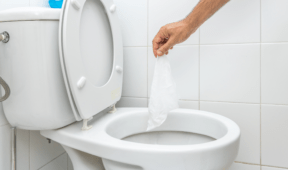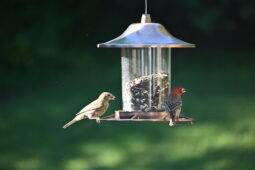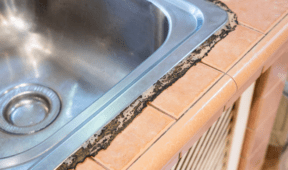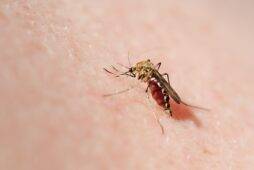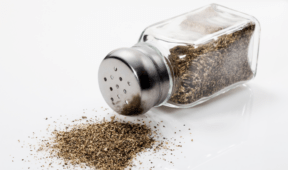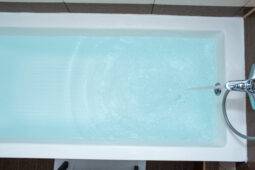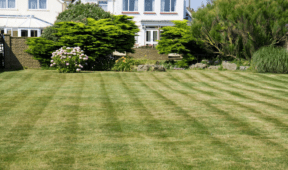7 Garden Plants That Also Keep Wasps Away
Wasps can quickly turn a peaceful backyard into a warzone. While sprays and traps have their place, there are even easier ways to keep these nasty pests out of your garden. Some plants naturally release smells that wasps find unpleasant, so keeping certain herbs and flowers can help keep them from sticking around. Here are seven wasp-repelling plants that will look beautiful in your yard.
Mint
Mint is a fast-growing herb with a strong, fresh scent that wasps tend to avoid. It’s easy to grow and works well in containers or garden beds, but keep in mind that it spreads quickly, so probably keep it to dedicated planters. Plant it near seating areas or doorways to help create a sort of scent barrier. Its refreshing smell is great for people, but unpleasant for wasps, making it a practical option if you’re trying to keep your garden both useful and pest-free.
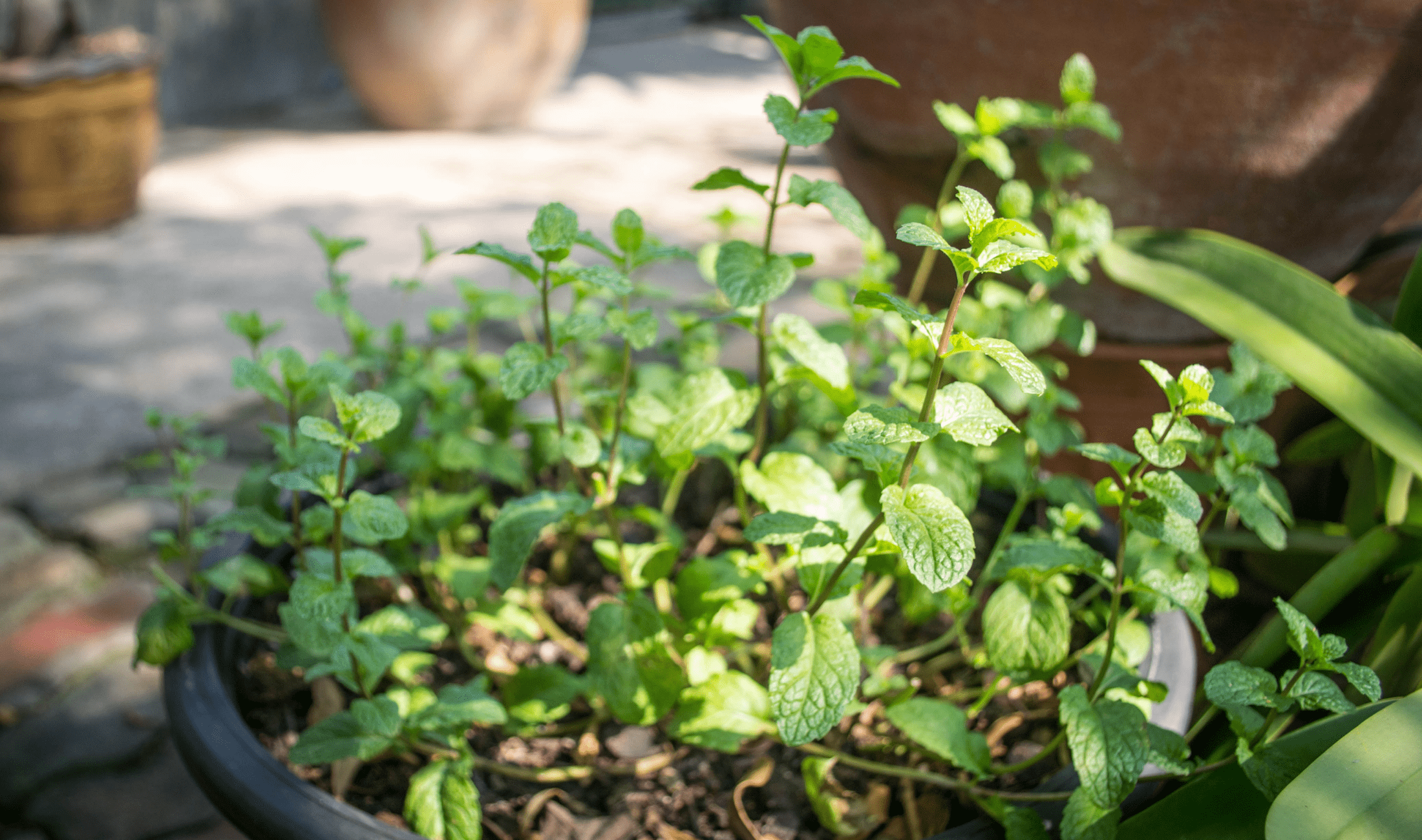
Wormwood
Wormwood produces a strong, bitter scent that wasps dislike. Its silvery leaves add an interesting touch to a garden and require very little care. This plant contains natural compounds that act as a deterrent, not just for wasps, but for other pests too. Because it can be toxic to other plants if planted too close, it’s best to grow wormwood in its own spot or in a container.
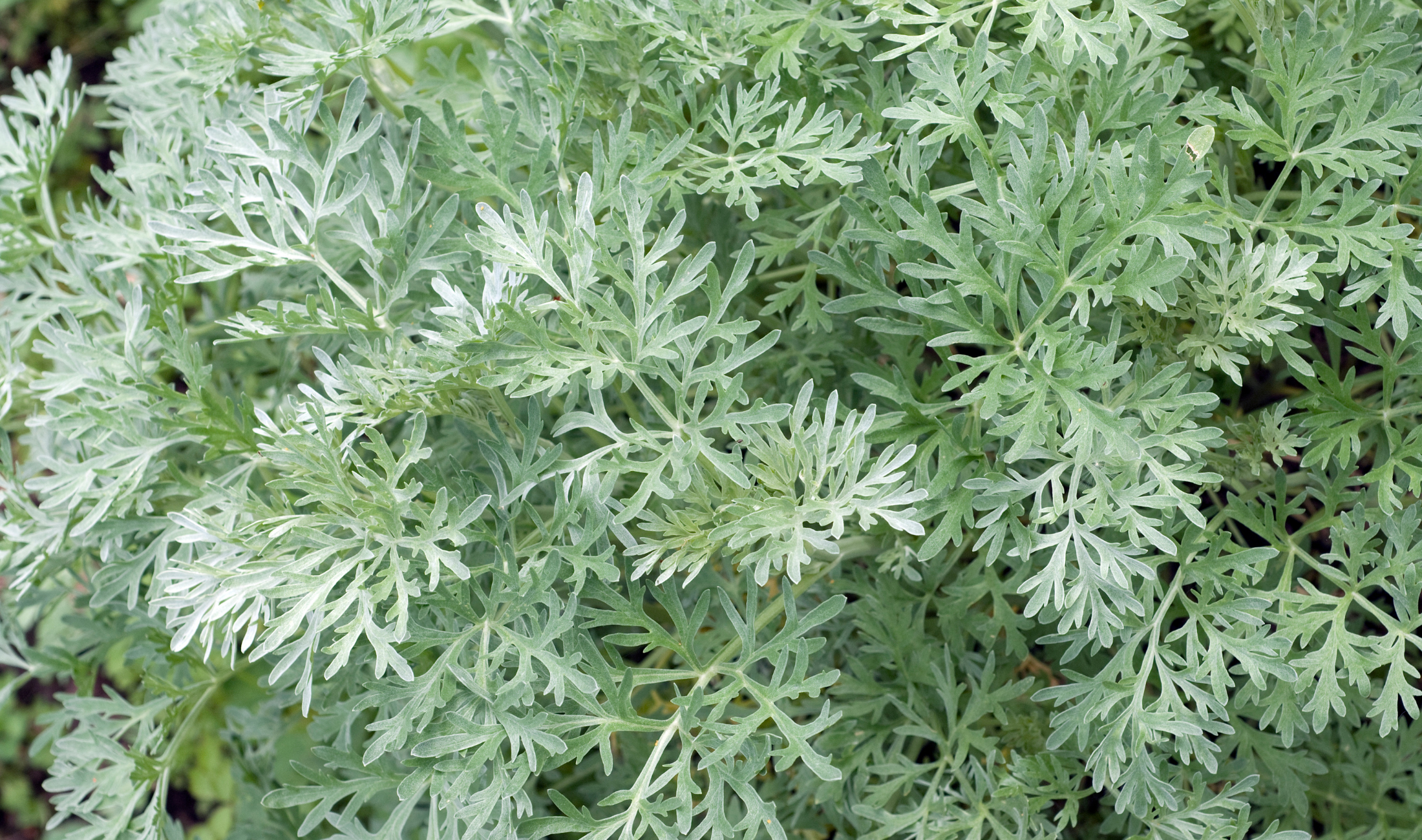
Citronella Grass
Most people think of citronella for keeping mosquitoes away, but wasps aren’t fans of it either. It gives off a citrusy aroma that bugs tend to avoid. It grows best in warm climates and needs plenty of sunlight. While you can buy citronella candles, having the plant in the ground or a pot creates a larger, consistent natural barrier that keeps pests at a distance while still giving your garden a neat, tropical look.
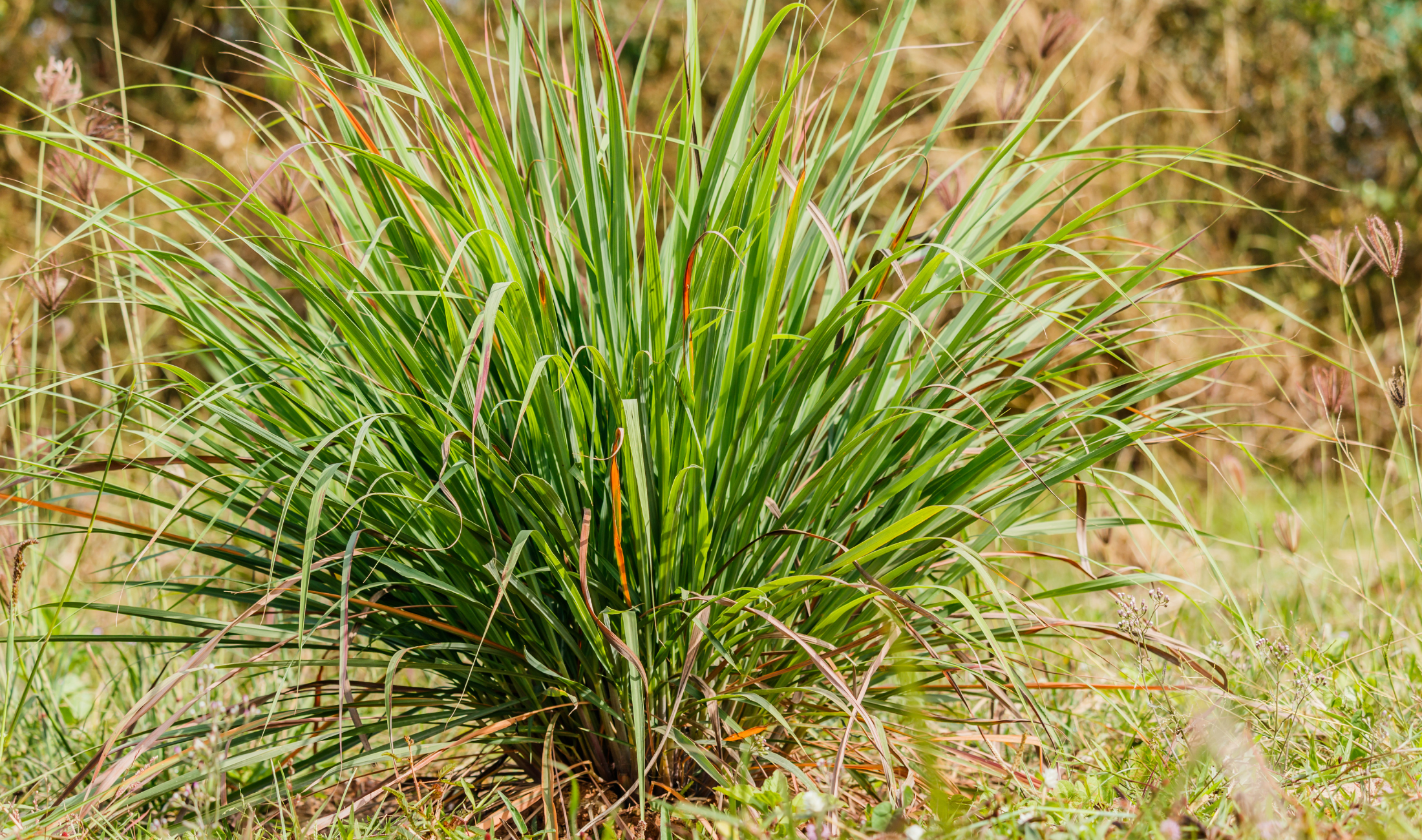
Eucalyptus
Eucalyptus trees and shrubs have a sharp, menthol-like smell that naturally repels wasps. They’re drought-tolerant, fairly easy to manage, and they grow well in large containers if you don’t have the space for a full-sized tree. Crushed eucalyptus leaves can also be placed around outdoor tables to double the effect. If you’re aiming for a low-maintenance, multipurpose plant with a bold scent, eucalyptus is a solid choice.
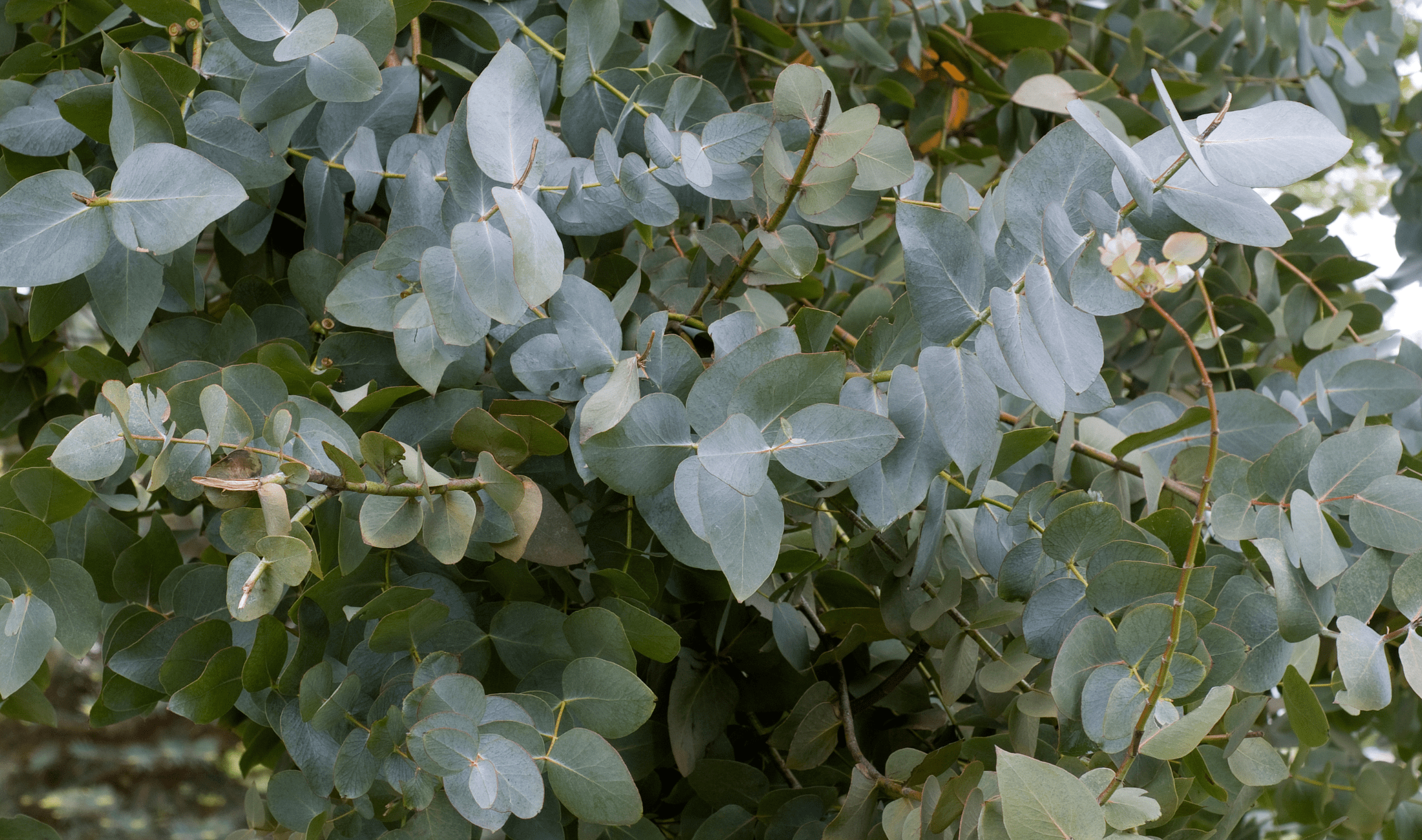
Basil
Basil’s strong aroma doesn’t just add flavor to food—it also makes wasps think twice about hanging around. It thrives in warm weather and does well in pots or borders. It’s ideal near patios or kitchens where you might want to cook or eat outside. As a bonus, basil also repels flies and mosquitoes. Keep the soil moist and pick off flowers to encourage fuller growth and a stronger scent.
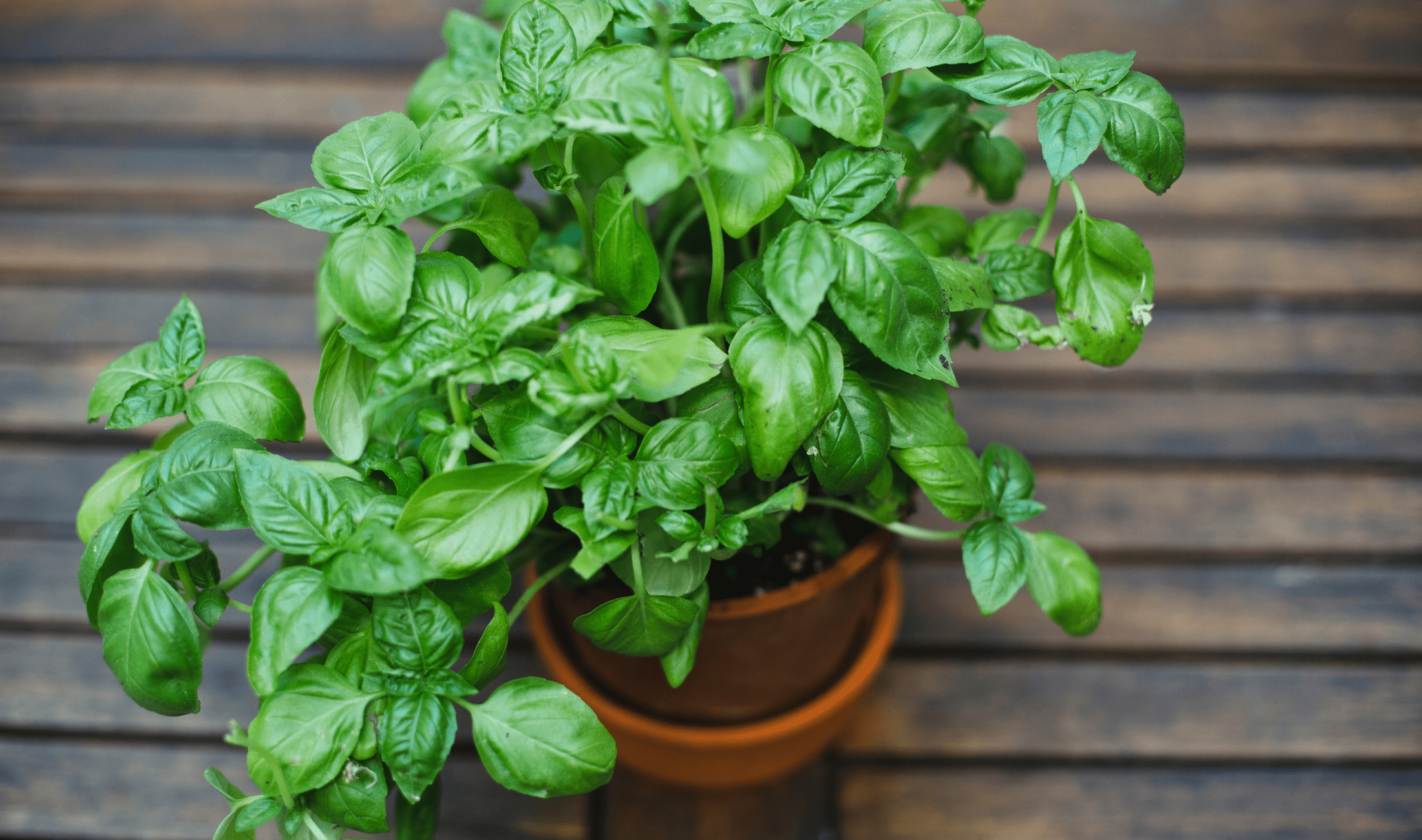
Marigolds
Marigolds are bright, easy to grow, and release a scent that most insects, including wasps, find irritating. Their ability to repel pests while also attracting pollinators like bees makes them a smart pick for anyone who wants a thriving garden. Plant them along borders or around vegetable beds for natural pest control. They’re also fairly tough and can thrive with minimal upkeep.
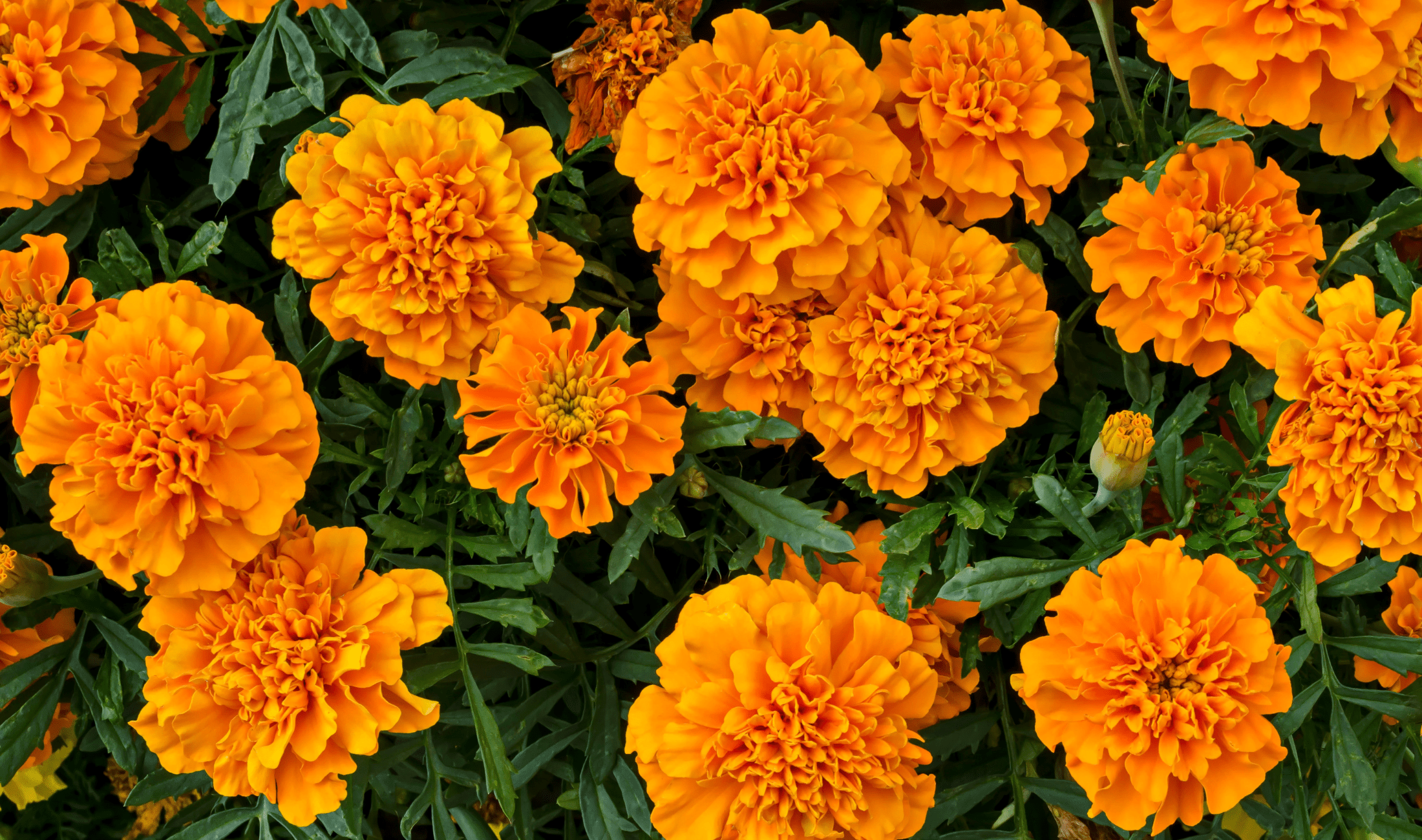
Pennyroyal
Pennyroyal is a lesser-known herb in the mint family that has a strong menthol scent. Wasps avoid it, and it has historically been used to drive off many kinds of insects. It grows low to the ground and spreads out like a mat, making it a good choice for covering areas between stepping stones or around the edges of your garden. It’s best kept out of reach of pets, but it’s a reliable repellent plant otherwise.
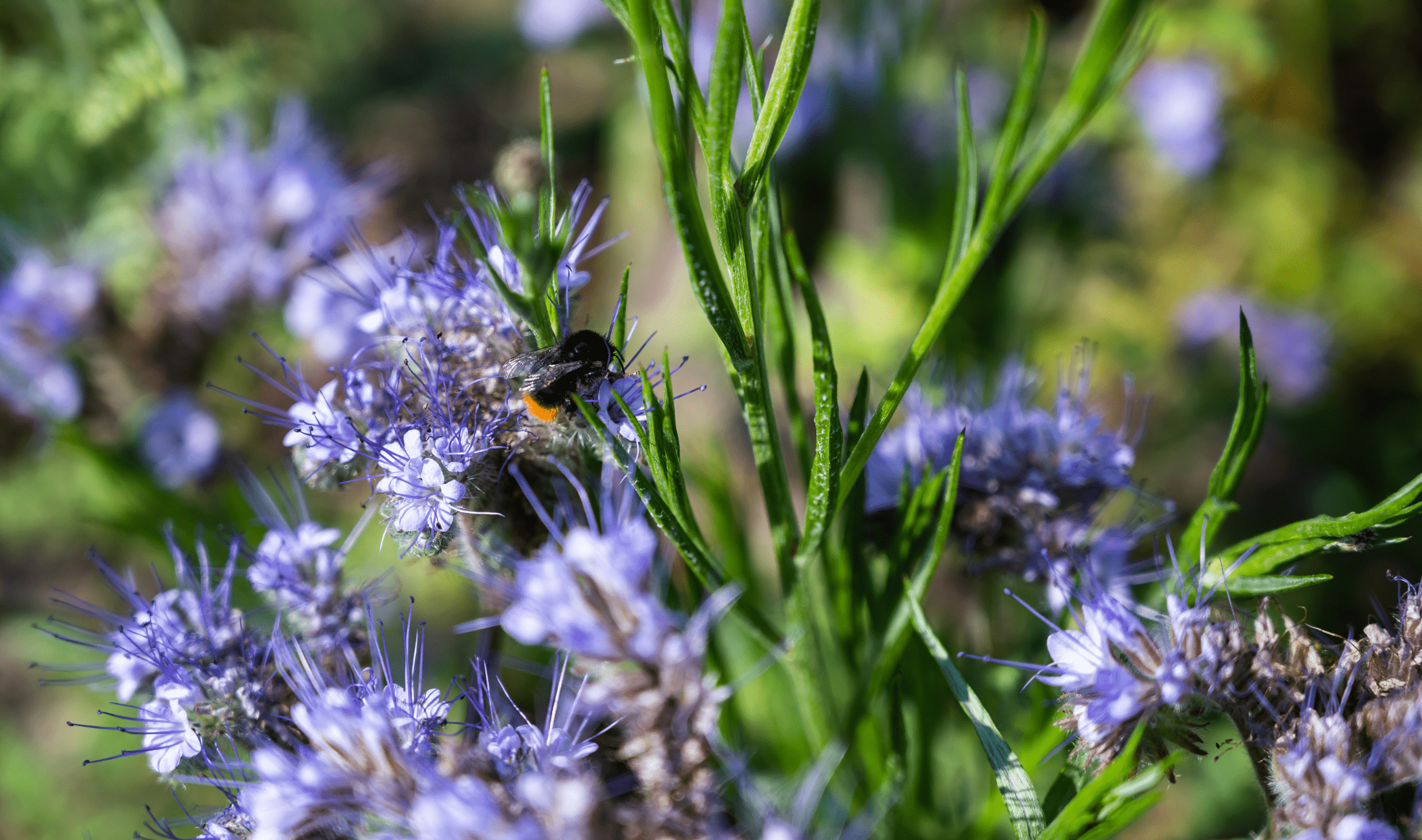
Related Articles
- What Will Kill Wasps Instantly
- How To Get Rid Of The 7 Most Common Summer Pests
- The 5 Most High-Maintenance Plants To Have In Your Garden
Choosing the right plants can help keep wasps away without relying so heavily on chemical repellents. These plants do more than just look nice, they also create a more comfortable space to relax, entertain, and enjoy your garden. Whether you prefer herbs, flowers, or foliage, adding a few of these natural deterrents can make a noticeable difference in how often wasps stop by.

